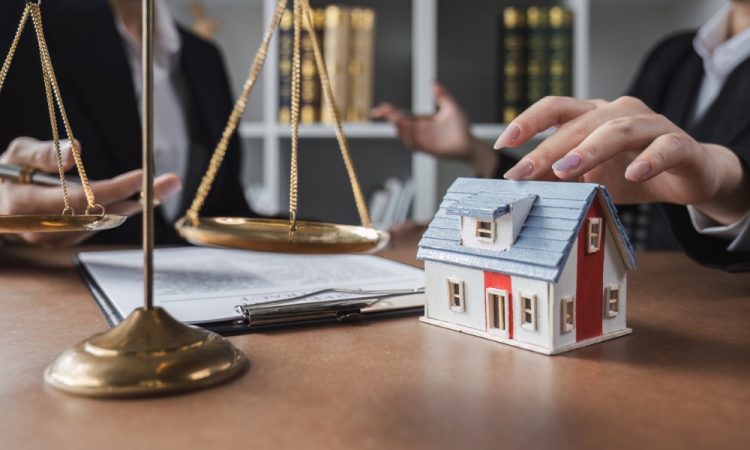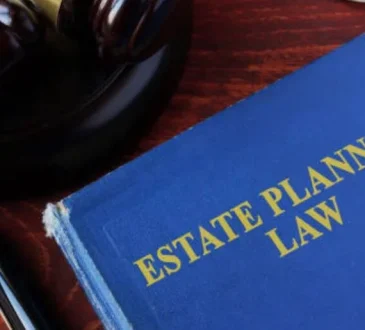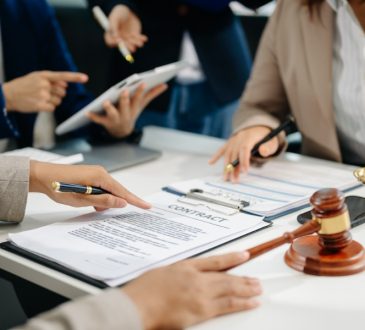
Buying, selling, or transferring property is one of the most significant financial transactions most people will experience in their lifetime. In a city like Atlanta — with its diverse housing market and rapid development — real estate deals can involve complex legal details that are often overlooked. That’s where the expertise of a Real estate attorney Atlanta GA becomes invaluable.
Whether you’re purchasing your first home, investing in commercial property, or resolving a dispute, a real estate attorney helps ensure that your interests are protected and that the process complies with Georgia law. This article explains what real estate attorneys do, when you might need one, and how they support both individuals and businesses in property-related matters.
What Does a Real Estate Attorney Do?
A real estate attorney is a licensed legal professional who specializes in matters related to property ownership, transactions, and disputes. In Georgia, attorneys often play a central role in real estate closings, which are the final steps in property sales. Unlike some states where title companies handle closings, Georgia law requires an attorney to be present to oversee the transaction and ensure that all legal documents are valid and properly executed.
A Real estate attorney Atlanta GA provides legal guidance at every stage of a property transaction — from reviewing contracts to handling title searches, preparing closing documents, and resolving any issues that arise before or after the sale.
Common Services Provided
Some of the key services offered by real estate attorneys include:
- Contract Review and Drafting: Attorneys review purchase agreements, leases, and loan documents to make sure the terms are fair and legally sound.
- Title Examination: They verify that the property title is free from liens, disputes, or ownership conflicts before closing.
- Closing Representation: Attorneys oversee the closing process, ensuring that funds are distributed correctly and legal documents are properly filed.
- Dispute Resolution: They handle conflicts related to boundaries, construction defects, zoning, and breach of contract.
- Commercial Real Estate Transactions: For businesses, attorneys assist in negotiating leases, purchasing property, and ensuring compliance with land use regulations.
Why Georgia Real Estate Law Requires Attorney Involvement
Georgia is among a few states that legally mandate attorney involvement in real estate closings. This requirement is designed to protect both buyers and sellers from potential fraud, mistakes, or contractual misunderstandings.
During a closing, the Real estate attorney Atlanta GA acts as a neutral party responsible for ensuring that the transaction complies with Georgia property law. They confirm that all funds are properly transferred, verify the legitimacy of the title, and record the deed with the appropriate county office.
Without an attorney, parties might miss critical details such as unpaid property taxes, easements, or zoning restrictions that could later affect ownership rights.
Residential Real Estate: Protecting Homebuyers and Sellers
Buying a Home
Purchasing a home involves more than agreeing on a price. It includes legal steps such as reviewing the purchase and sale agreement, ensuring financing conditions are met, and performing due diligence on the property.
A Real estate attorney Atlanta GA helps buyers understand what they’re signing, clarifies legal obligations, and ensures there are no hidden risks such as liens or disputes over property boundaries. They also oversee the transfer of ownership at closing, making sure the title is recorded correctly.
Selling a Home
Sellers benefit from legal representation as well. An attorney can help review offers, negotiate contingencies, and prepare necessary disclosures to avoid post-sale disputes. They ensure that all financial and legal obligations — including mortgage payoffs and tax considerations — are handled before the sale is finalized.
Commercial Real Estate: Managing Complex Transactions
Commercial real estate transactions in Atlanta often involve larger sums of money and stricter legal requirements. These deals can include property development, leasing agreements, zoning compliance, and environmental regulations.
A Real estate attorney Atlanta GA with experience in commercial law assists clients with:
- Reviewing and negotiating lease agreements for office or retail spaces
- Conducting due diligence to uncover potential risks
- Ensuring that zoning laws align with intended property use
- Drafting purchase and financing contracts that protect investors
In the fast-growing Atlanta metropolitan area, where commercial developments are frequent, legal oversight ensures that deals proceed smoothly and that all local regulations are followed.
Common Real Estate Disputes and Legal Remedies
Even with careful planning, property disputes sometimes arise. These may involve ownership disagreements, boundary issues, construction defects, or breaches of contract. A real estate attorney helps resolve such conflicts through negotiation, mediation, or litigation.
Examples of Common Disputes:
- Boundary and Easement Issues: Disagreements over property lines or shared access.
- Contract Disputes: Failure to meet conditions outlined in a sales or lease agreement.
- Landlord-Tenant Conflicts: Evictions, lease violations, or security deposit disputes.
- Title Problems: Errors or fraud in past transactions that affect ownership rights.
In each case, an attorney assesses the facts, explains the available legal remedies, and advocates for the client’s best outcome under Georgia law.
The Closing Process: A Critical Legal Step
The closing is the final step in a real estate transaction, where ownership officially transfers from seller to buyer. In Georgia, an attorney must conduct or be present at the closing to ensure the transaction meets legal standards.
The Real estate attorney Atlanta GA will:
- Verify that all required documents — including the deed and title — are properly prepared and executed.
- Oversee the exchange of funds, typically through an escrow account.
- Record the deed and mortgage with the local county clerk’s office.
- Ensure that all legal and financial obligations are satisfied.
This process not only finalizes the sale but also protects both parties from future legal disputes.
For official guidance on Georgia’s real estate closing requirements, the State Bar of Georgia provides useful resources: State Bar of Georgia – Real Property Section.
Real estate transactions involve a combination of legal, financial, and regulatory steps that must be handled with precision. Whether buying a first home or negotiating a commercial lease, understanding your rights and responsibilities is crucial.
A Real estate attorney Atlanta GA plays a key role in safeguarding those interests by reviewing contracts, ensuring title integrity, managing closings, and resolving disputes when they arise. Their expertise not only ensures compliance with Georgia law but also provides peace of mind that every detail of a transaction has been handled correctly.
In the fast-paced and competitive Atlanta real estate market, professional legal guidance remains an essential safeguard for buyers, sellers, and investors alike.




